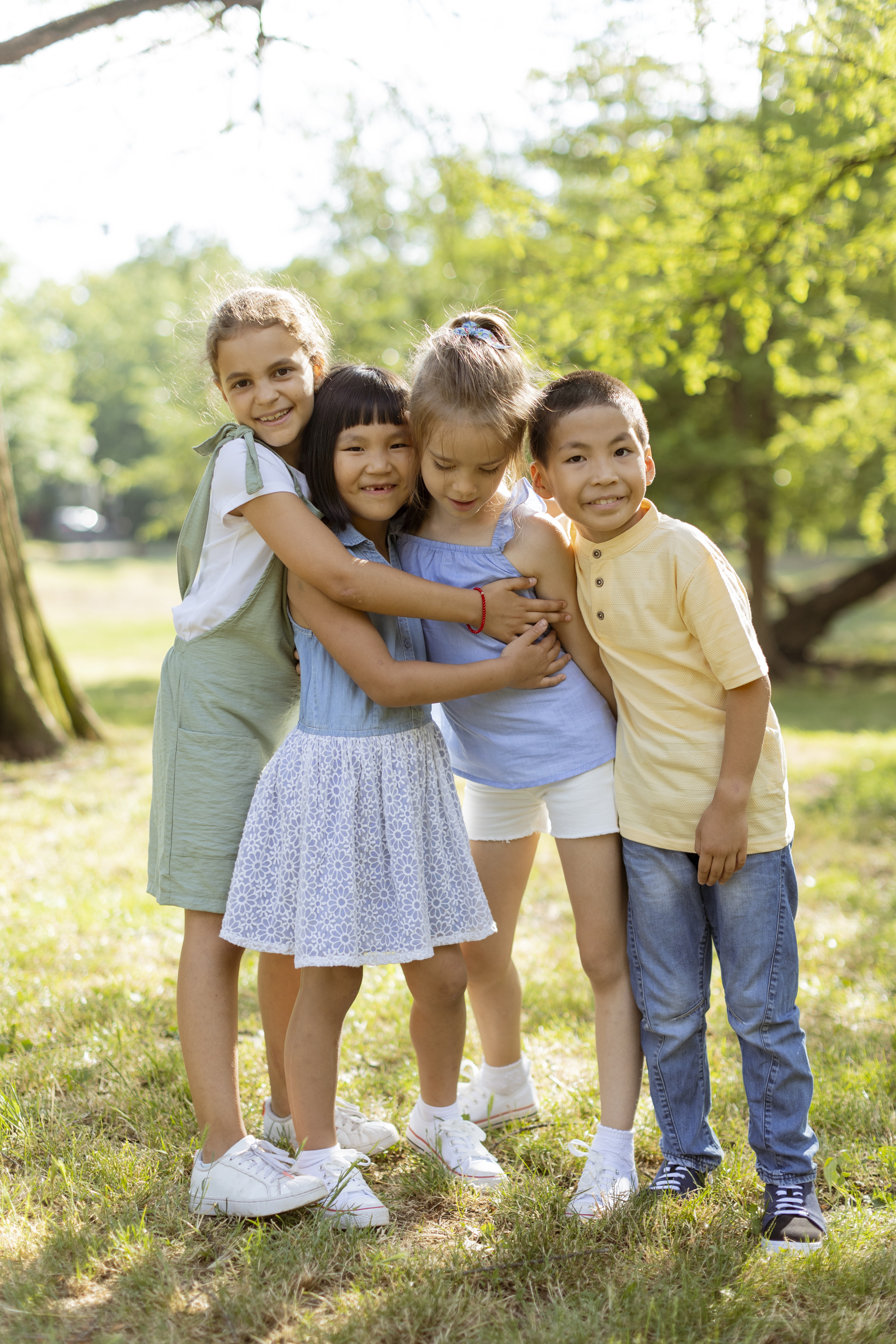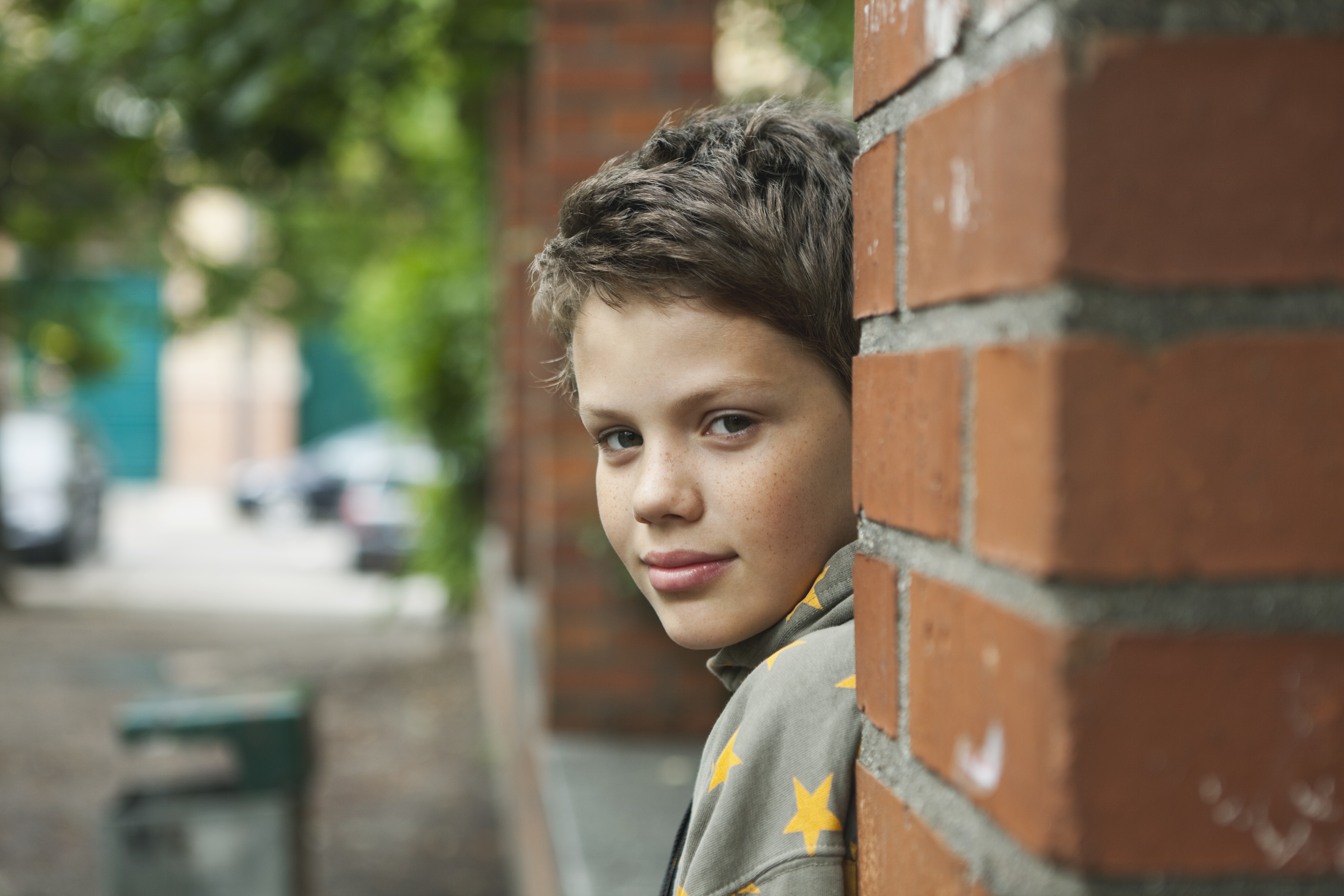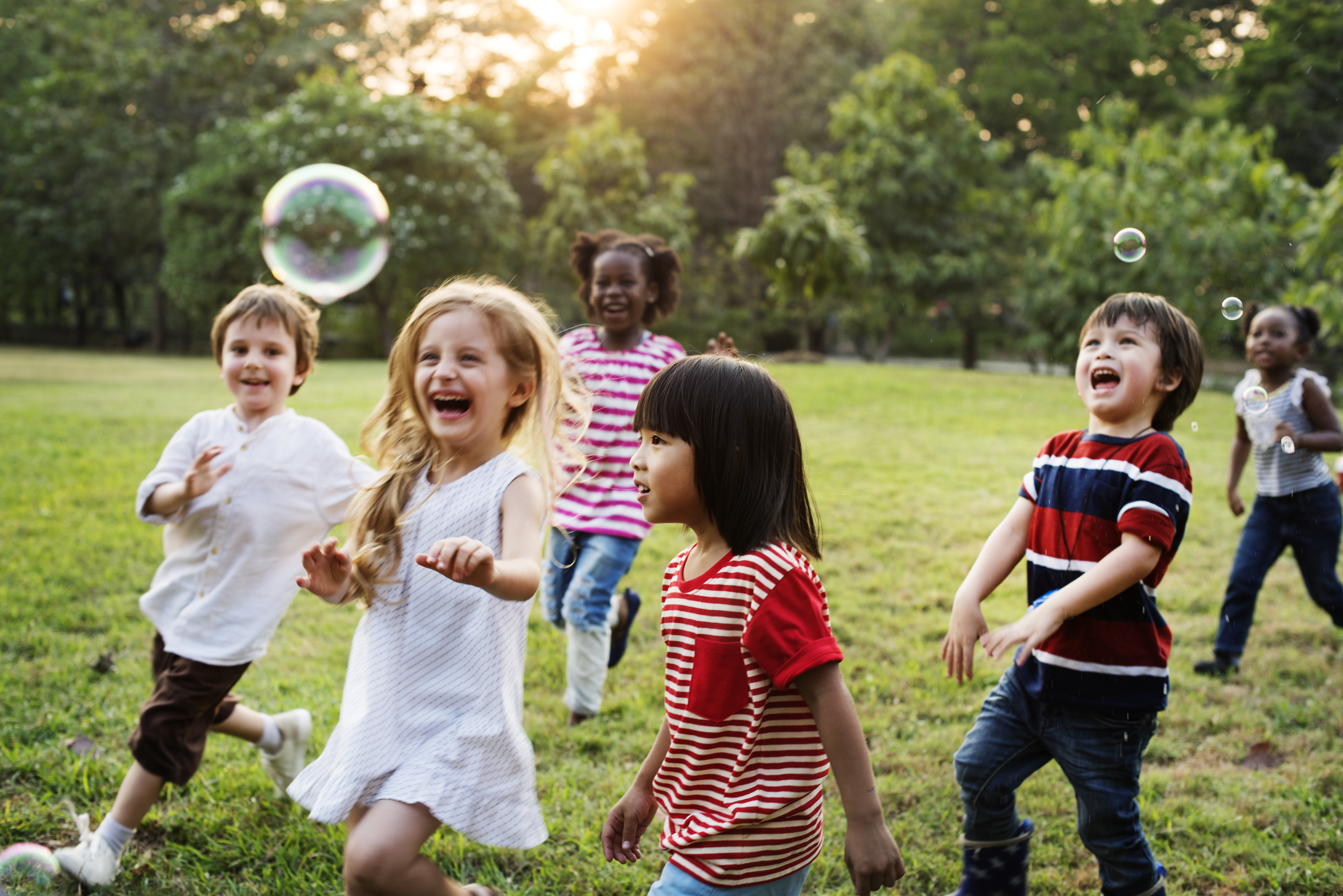Self-Esteem Guide for Children

Benefits of High Self-Esteem in Children
Self-esteem forms the bedrock of a child's emotional and psychological development. High self-esteem in children involves fostering a realistic, positive self-image that allows kids to recognize their worth, embrace their strengths, and tackle their weaknesses with confidence.

Unlock Your Child's Hidden Superpower
Boosting a child’s self-esteem starts with creating a nurturing environment that promotes open communication, celebrates effort, and builds resilience through learning from mistakes. By focusing on emotional intelligence, mental and physical well-being, and critical thinking about social influences, children can develop confidence, self-worth, and strong, positive relationships.

How to Foster Self-Esteem and Resilience in Children
Strengthen your child’s resilience and self-esteem by modeling healthy coping strategies, encouraging problem-solving, reframing setbacks as growth opportunities, and teaching emotional regulation skills.

The Dangers of Overpraise and Comparison
Avoid the overpraise trap and the pitfalls of comparison by focusing on honest feedback, celebrating unique strengths, and fostering personal growth to build genuine self-esteem in children.

How to Identify Signs of Children's Low Self-Esteem
As parents, teachers, and caregivers, we play a pivotal role in shaping a child's self-perception. Low self-esteem in children often manifests as a silent struggle, with subtle signs that can be easy to overlook without close attention.

How to Address
Low Self-Esteem
Boosting a child’s self-esteem starts with creating a nurturing environment that promotes open communication, celebrates effort, and builds resilience through learning from mistakes. By focusing on emotional intelligence, mental and physical well-being, and critical thinking about social influences, children can develop confidence, self-worth, and strong, positive relationships.

How to Nurture a Sense of Belonging for Our Children
Discover effective ways to nurture your child’s sense of belonging and boost their self-esteem, from creating meaningful family traditions to encouraging strong friendships and sibling bonds.

How to Nurture a Sense of Belonging for Our Children
Discover effective ways to nurture your child’s sense of belonging and boost their self-esteem, from creating meaningful family traditions to encouraging strong friendships and sibling bonds.

Why is Social Media One of the Biggest Risk to Children's Self-Esteem?
Social media impacts children’s self-esteem by promoting unrealistic comparisons, causing feelings of inadequacy, and overshadowing their unique strengths and personal growth.
